Category : India
Aug 13, 2020 | Announcements, Associates, In Region, India, News

By Raile Rocky Ziipao. In the light of the Indo-China face-off in Ladakh that led to the deaths of 20 Indian soldiers along the Line of Actual Control (LAC) at Galwan Valley, there is now an acute urgency to focus on border infrastructure. From a policy perspective, India needs an infrastructural revolution at its borders for national security, to fortify against external threats, to bring connectivity to unconnected territory, and to maintain peace and prosperity.
Jul 23, 2020 | Announcements, Faculty, In Region, India, India Seminar Series, News
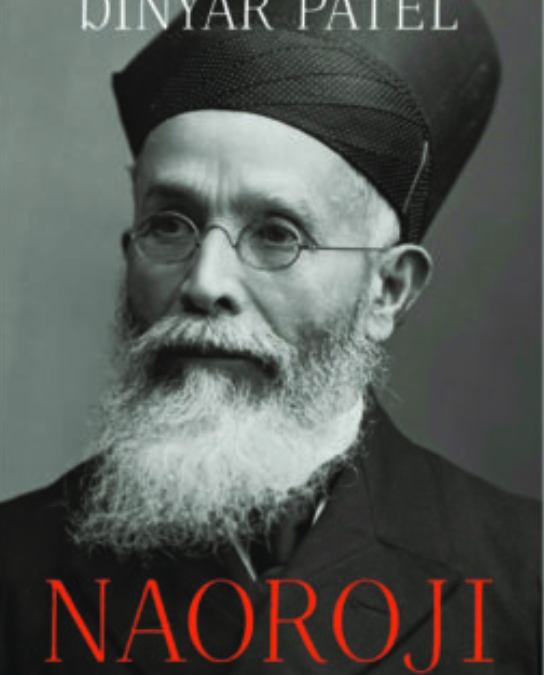
The Mittal Institute’s recent panel webinar, “Swaraj: Dadabhai Naoroji and the Birth of Indian Nationalism,” was moderated by Sven Beckert, Laird Bell Professor of History at Harvard University, in discussion with Dinyar Patel, Assistant Professor at S.P. Jain Institute of Management and Research.
Jul 14, 2020 | Announcements, Bangladesh, Faculty, Fellows, India, News, Pakistan, Partition

“There is nothing as epochal as the cataclysmic event that was visited upon the people of South Asia when decolonization occurred and the British withdrew during the dismantling of the British empire. That forced event — that trauma — continues to shape the lives of two billion of the world’s seven billion people today,” says Professor Tarun Khanna, Jorge Paulo Lemann Professor at the Harvard Business School and Director of the Mittal Institute. Despite the abundant historical and political scholarship on the Partition of British India in 1947, there are still gaps in our understanding of the event — and the Mittal Institute’s research team set out to change that.
May 21, 2020 | Announcements, Arts Program, Fellows, India, News
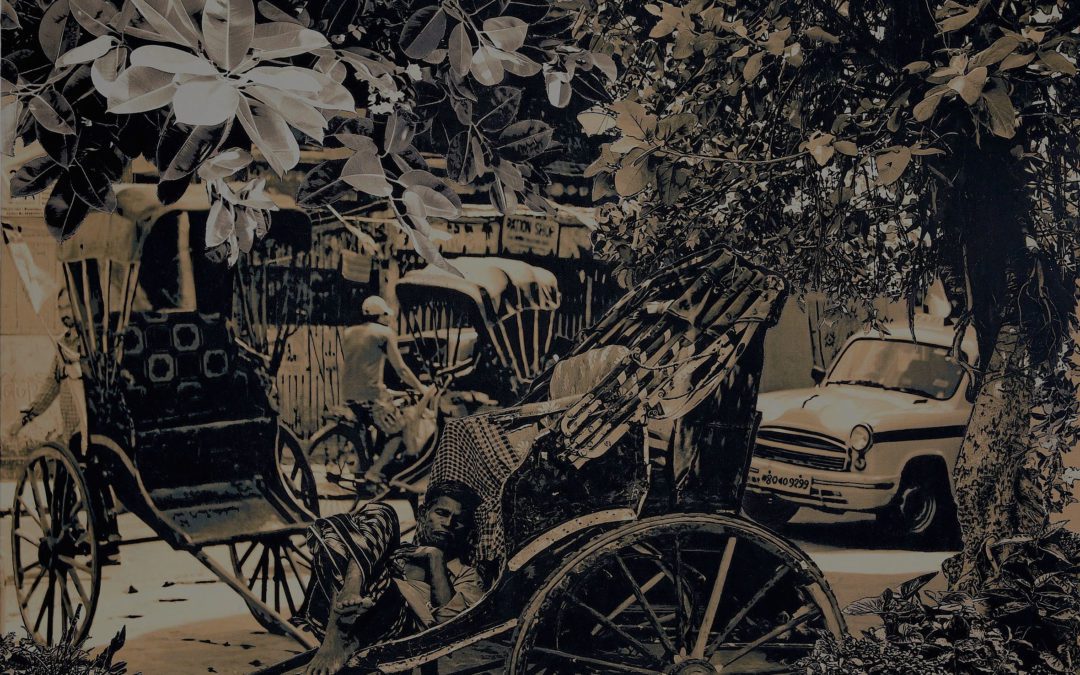
Suhasini Kejriwal, a mixed media artist from India, joined the Mittal Institute earlier this Spring in our latest group of Visiting Artist Fellows. Through photography, paintings, embroidery, and more, Suhasini’s practice acts as witness to the lived experiences of those whom she observes, living out their lives in the busy streets of India’s urban landscapes.
May 7, 2020 | Announcements, In Region, India, News, Students
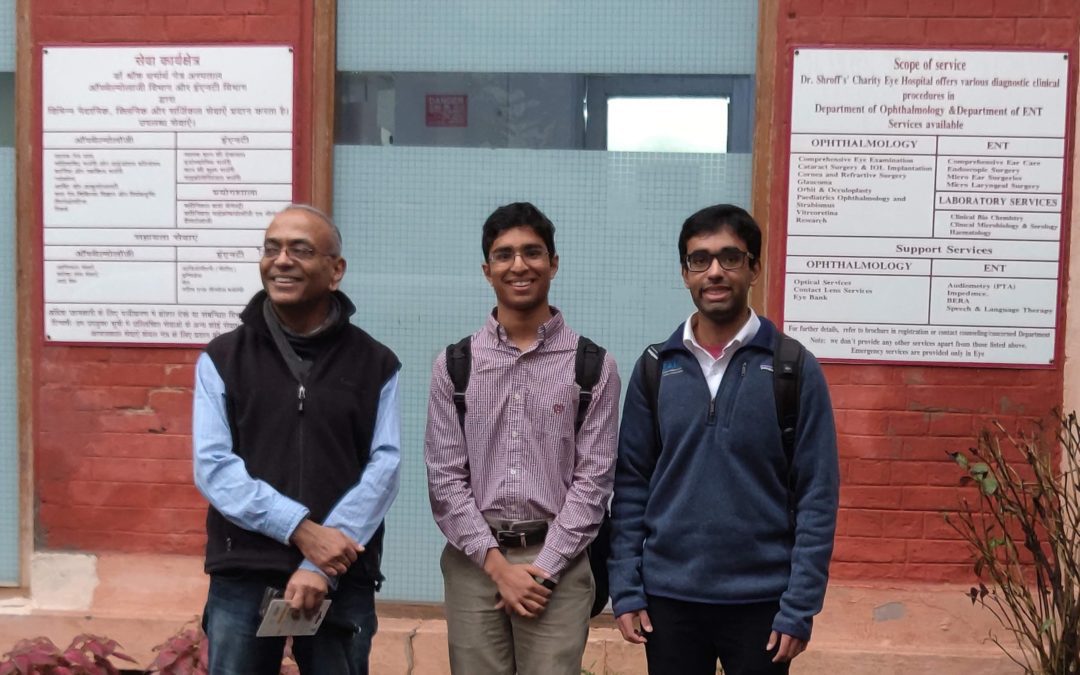
This past winter break, with the support of the Mittal Institute, my classmate Jay and I ventured on a three-week journey through India. We hopped on a 16-hour flight from JFK to Mumbai the night after our last final, excited to hit the ground running. I couldn’t have imagined how enriching and fun our adventure would turn out to be. We were traveling to South Asia to meet with engineers, clinicians, and entrepreneurs to discuss medical technology innovation.
Apr 23, 2020 | Announcements, Bangladesh, In Region, India, News
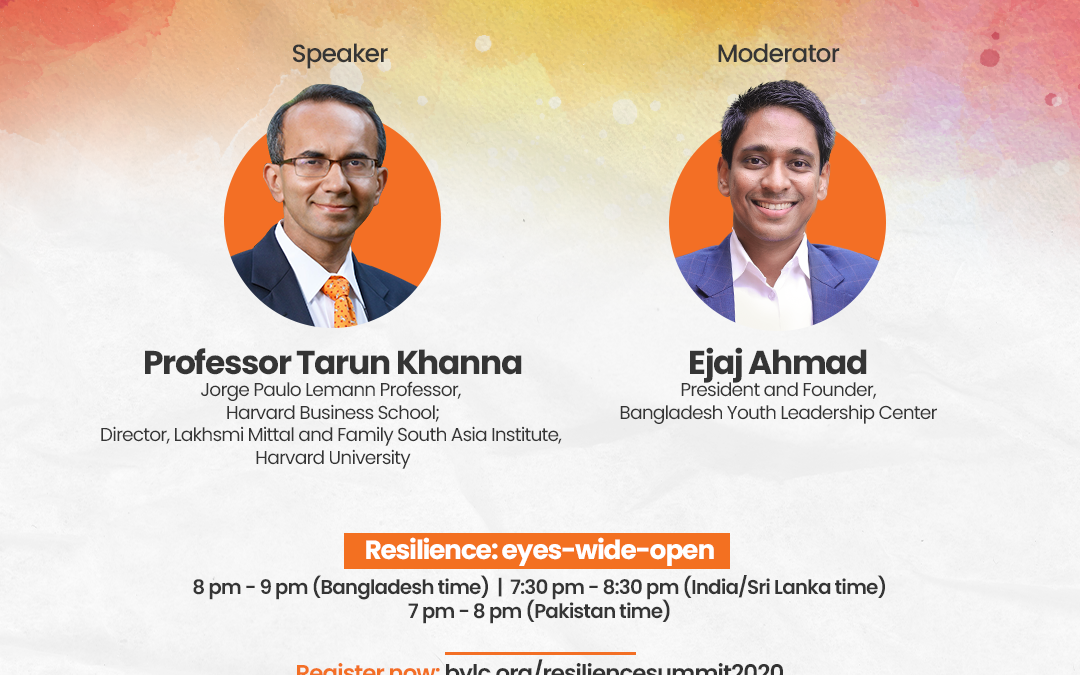
Recently, Dr. Tarun Khanna, Jorge Paulo Lemann Professor at the Harvard Business School and the Director of the Mittal Institute, addressed an online audience of more than 15,000 youth at the South Asia Youth Resilience Summit organized by Bangladesh Youth Leadership Center (BYLC).
Mar 26, 2020 | Announcements, Community, In Region, India, Nepal, News, Pakistan
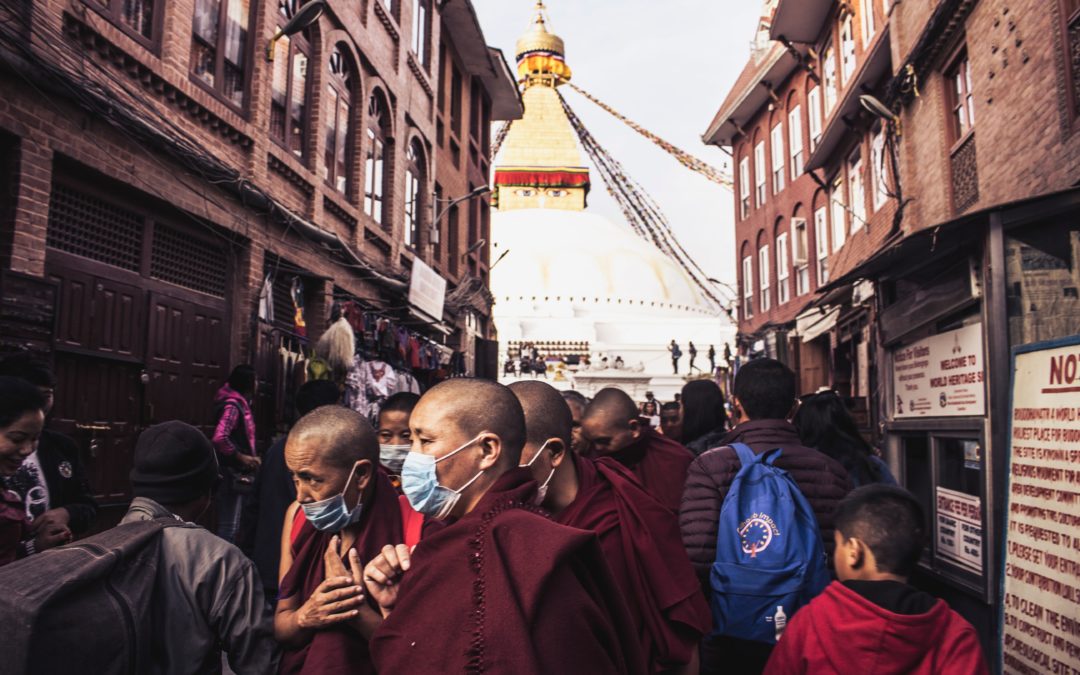
The COVID-19 pandemic has impacted the entire globe, requiring quick action from governments and the populace to stem the flow of transmission. With many in quarantine or lockdown, the pandemic has changed the daily way of life for many around the world. This week, we spoke with members of the Mittal Institute team in India, Nepal, and Pakistan to get a firsthand look into the situation on the ground in South Asia, from recent governmental guidance and regulations to the response of the population and how it will impact society.
Mar 26, 2020 | Announcements, Community, Faculty, In Region, India, News
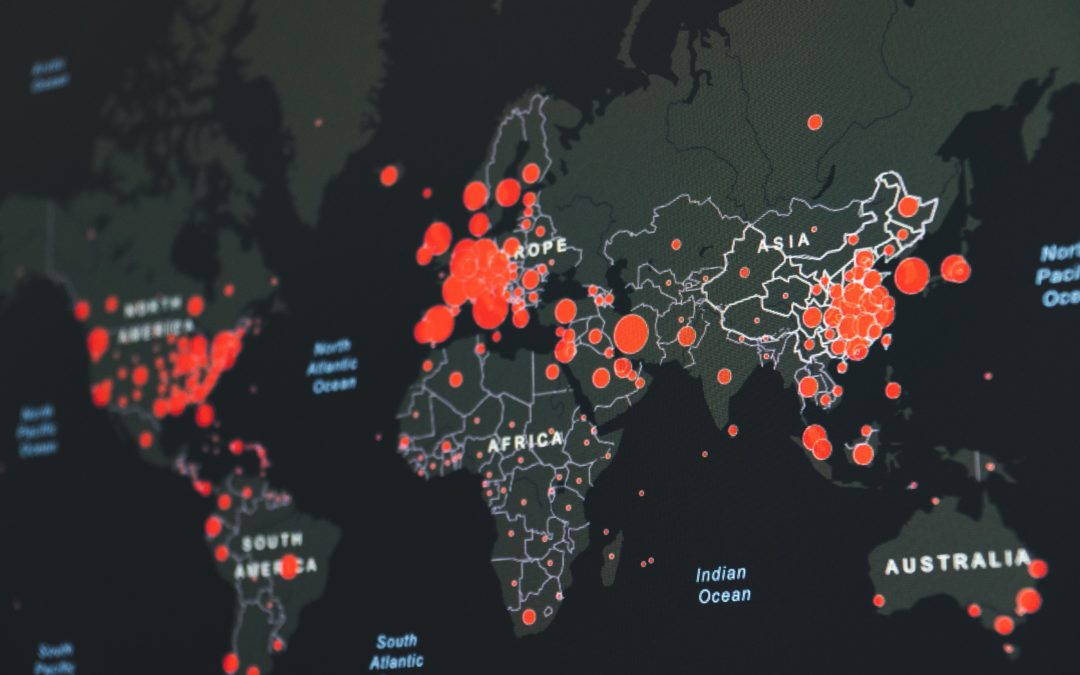
Led by Caroline Buckee (Center for Communicable Disease, Harvard T.H. Chan), Satchit Balsari (HMS and HSPH), and Andrew Schroeder (Direct Relief), the COVID-19 Mobility Data Network aims to “provide daily updates to decision-makers at the state and local levels on how well social distancing interventions are working.” The team is made up of a network of infectious disease epidemiologists located at universities around the world.
Mar 12, 2020 | Announcements, In Region, India, News, Students
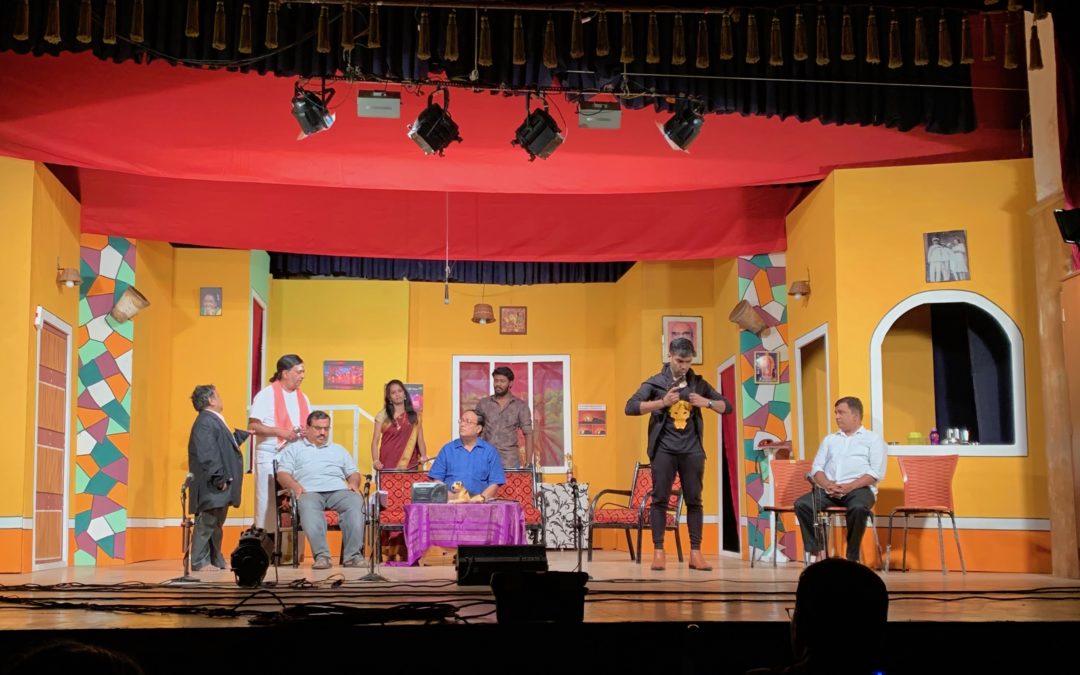
For my dissertation project, I hope to trace the stories of Tamil drama artists, as they traveled, performed, and lived between 20th century Madras Presidency, Ceylon, and British Malaya. This winter, I went on a research trip to Madurai and Chennai, Tamil Nadu, to understand the infrastructures that supported these artists’ travels, as well as the kinds of performances they held abroad.
Mar 5, 2020 | Announcements, Fellows, In Region, India, News
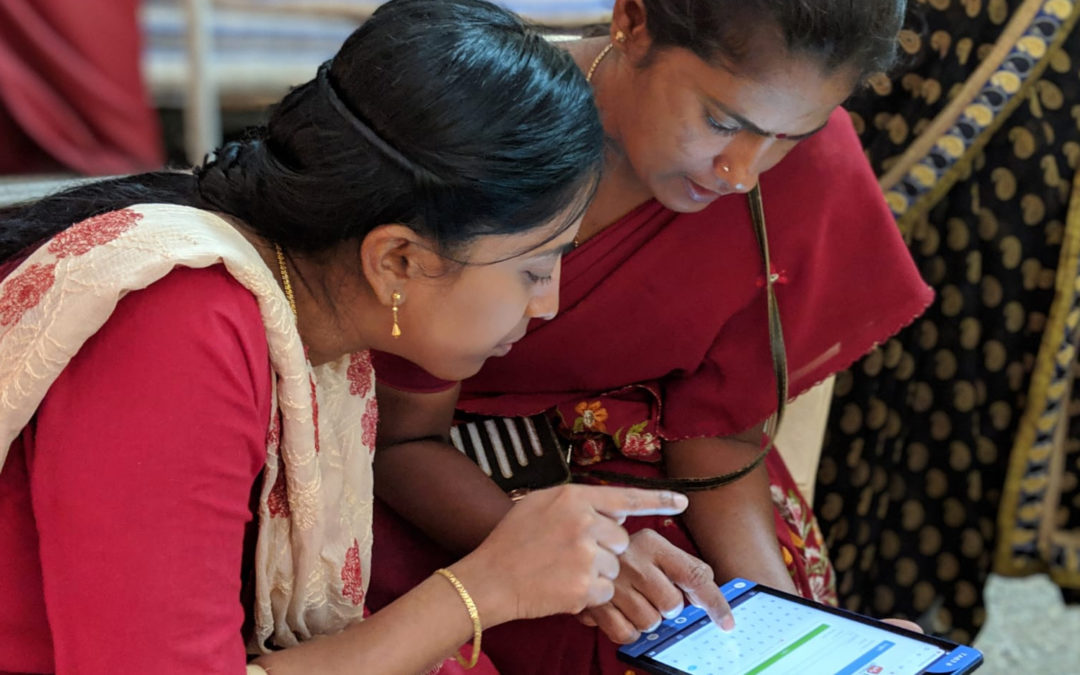
The India Digital Health Network (IDHN) is a research and policy collaborative focused on the development of a patient-centric and provider-friendly health data exchange ecosystem in India. Recently, the IDHN team submitted comments to a Joint Committee of the India Parliament on the 2019 Personal Data Protection Bill, which aims to protect the personal data of individuals throughout India. To learn more, we spoke with Nivedita Saksena about her role as the first IDHN Policy Fellow and the accomplishments, goals, and future of IDHN in India.
Feb 27, 2020 | Announcements, Faculty, In Region, India, News
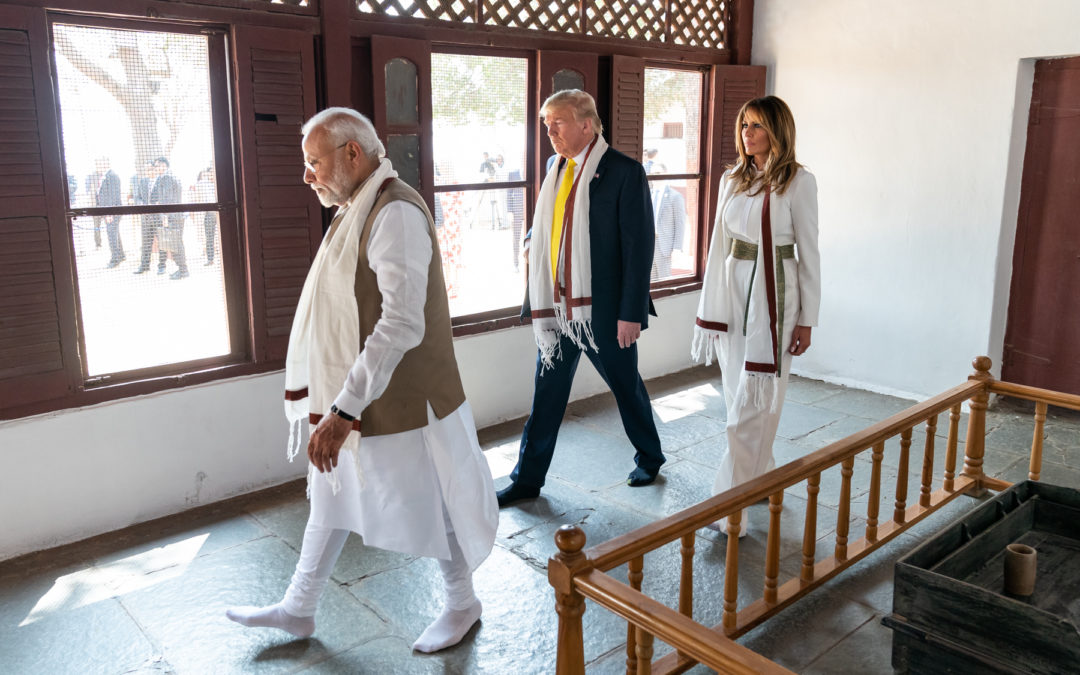
Earlier this week, US President Donald Trump traveled to India for two days. In an exclusive broadcast from Harvard Business School, the India Today News Director Rahul Kanwal discussed the potential impact of Trump’s visit to India in terms of trade, economy, and electoral politics. He was joined by Professor Tarun Khanna (Jorge Paulo Lemann Professor at the Harvard Business School and Director of the Mittal Institute), Punita Kumar Sinha (Founder, Pacific Paradigm Advisors), Ashutosh Varshney (Sol Goldman Professor of International Studies and the Social Sciences at Brown University), and Vipin Narang (Associate Professor of Political Science at MIT).
Feb 20, 2020 | Announcements, In Region, India, News, Students
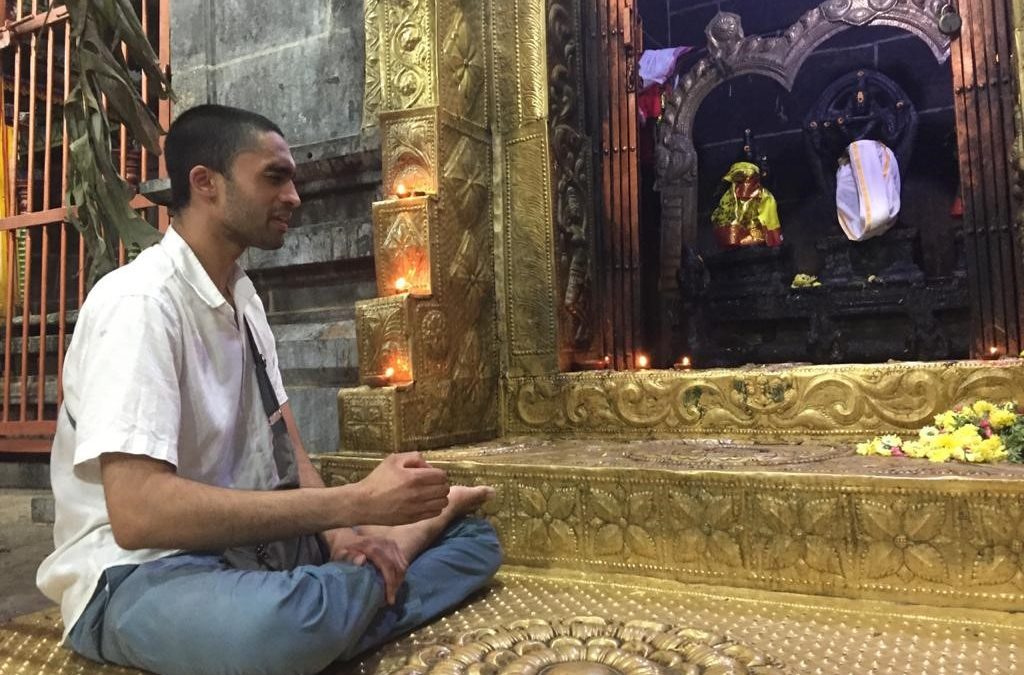
Over the last three weeks of my winter vacation, I traveled to Hindu temples throughout South India, with the goal of understanding the inspirations and motivations that drove musicians to compose about the idols worshipped at these establishments. Starting from the Eastern temple city of Kanchipuram, Tamil Nadu, I snaked along the Eastern coast of the Indian peninsula, ultimately arriving to the country’s southern tip at Kanyakumari, before continuing through the hill stations of Kerala and ending at Guruvayur, Kerala.












